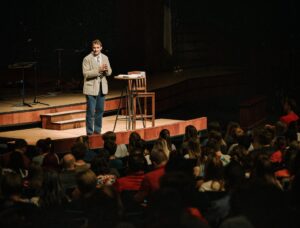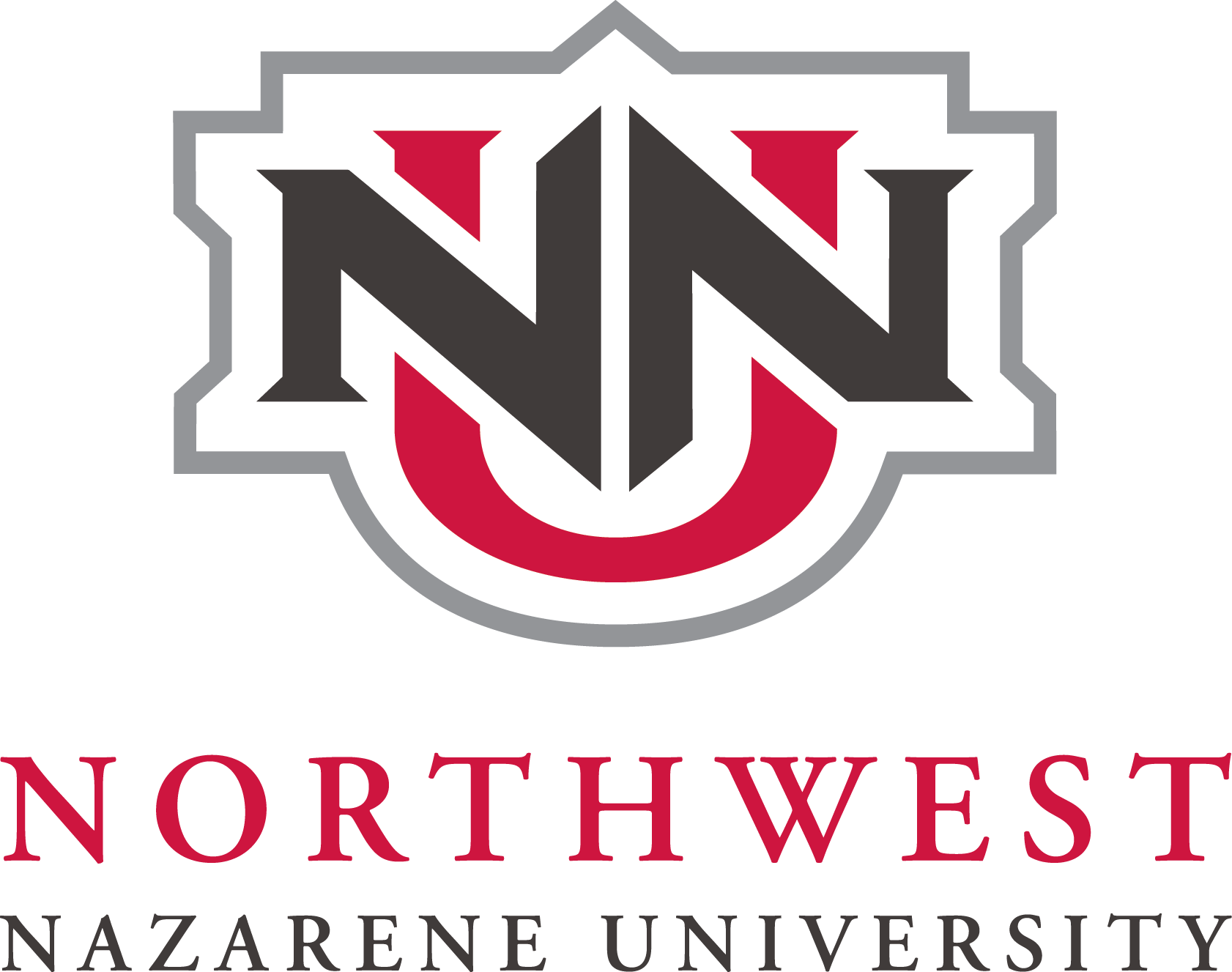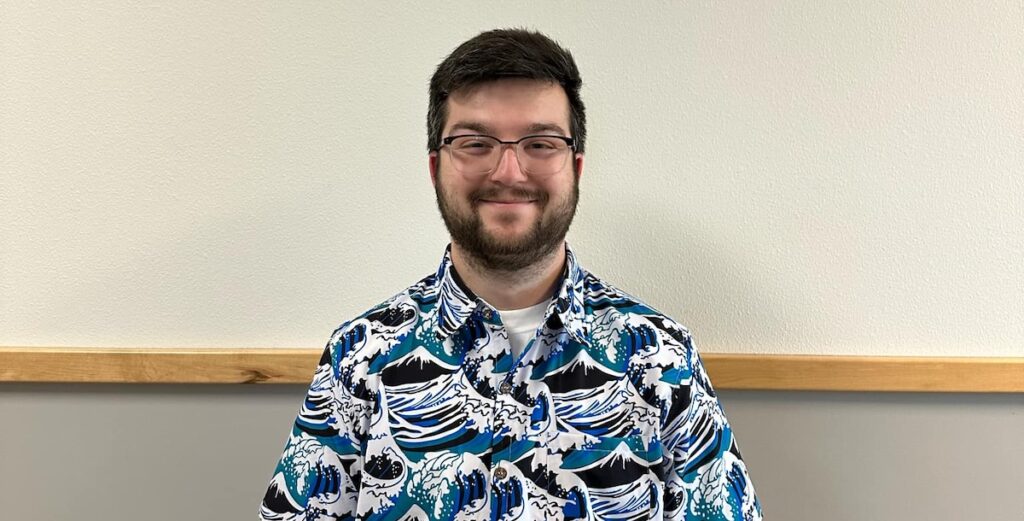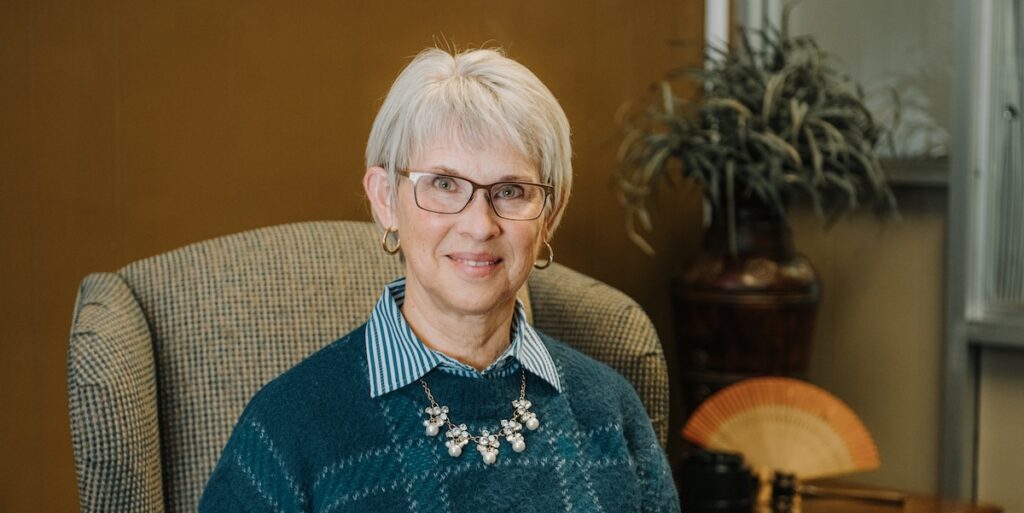By: Grant Miller, University Chaplain, Class of 2010

There’s a story that’s told from time to time on our campus about an early moment in our University’s history. As the account goes, in the spring of 1919, then-president H. Orton Wiley was walking our campus, deep in thought and prayer about the future of the very young institution. Where the campus should have been busy and alive with the spring semester in full swing, only emptiness was found; the college had sent home all its students in response to the Influenza Epidemic of 1918. It was at that time that Dr. Wiley was struck by the inspiration of the Holy Spirit and felt himself filled with holy confidence by the words of Matthew 6:33 (from the King James Version): “Seek ye first the Kingdom of God, and his righteousness; and all these things shall be added unto you.”
It was about that time a little over 100 years ago that “Seek ye first the Kingdom of God” become the school’s official motto. The phrase was hung in the space where the students met for chapel, and if you were to walk into the Swayne Auditorium in the NNU Brandt Center today, you would see it prominently placed upon the wall. It has come to have a special place in our community, being repeated and utilized as a theme throughout the years as a reminder that all that we do at NNU is first and foremost oriented around becoming more effective “seekers” of God’s Kingdom. In fact, this “seeker” theme is a major component of NNU’s 2022-25 strategic plan as an element that guides all the important decisions that are made about NNU’s operational priorities.
What does it mean practically that the NNU community, and in turn an NNU education, is built upon seeking the Kingdom of God? As it turns out, Dr. Wiley was also kind enough to expound upon the principles that he believed were necessary components of Christian higher education. Writing in 1920 for the Nazarene Messenger (yes, the forerunner of this very publication!), Dr. Wiley offered four guiding principles for how an NNU education ought to be different than what was offered at other institutions of higher learning:
- Communion with God. “The system of education which does not begin with the experience and knowledge of God is dominated by a pagan ideal.”
- Transformation through the Spirit. “That which enriches the mind without transforming the heart cannot be Christian. The true transforming power is the Spirit of the Lord. Hence there must be a constant recognition of Him who is the Guide into all truth.”
- Creative Energy. “Christian education is creative in its influence and bearing. That which tends to merge the individual into the masses, and lower its estimate of personality, cannot be said to be Christian in its nature. Christ emphasized the worth of the individual human soul.”
- Spiritual Power. “Men who have moved the world toward God and higher things have always stood out in distinction from their fellows and lived in such advance of their time as to often have suffered martyrdom… the people that do know their God shall be strong and do exploits.”
If you cannot tell from these words, Dr. Wiley’s time at NNU was profoundly impacted by an ongoing sense of the Holy Spirit’s work in the campus community. This led to an atmosphere of learning that was not only focused on high academic achievement, but also was filled with spiritual engagement that was richly interwoven into the life of the college and its students, faculty and staff.
So how does this enduring legacy impact the work of NNU today? The words of the University motto are not just an empty sentiment that floats on the wall; they are an ongoing commitment that can be found in every corner of campus. NNU is focused on helping students to become God’s “creative and redemptive agents in world”—to borrow a line from our mission statement. This engagement means that we are focused on producing some of the best and brightest graduates in their fields, be they engineers, teachers, nurses, artists, chemists, ministers or business leaders. However, while some college environments might be solely focused on the “what” that their students are becoming with regard to their education and future employment, NNU does things differently. For us, the “what” of a student’s vocation is incredibly important, but first comes a desire for our students to answer the question of “who” it is that they will serve with their gifts. Every single one of our graduates is equipped with an amazing set of professional skills, but they are also challenged every day to remember that these skills are a gift that they are called to use in partnership with the Holy Spirit in the pursuit of the Kingdom of God at work in our world.
We believe, as did Dr. Wiley, that “the people that do know their God shall be strong and do exploits,” and so at NNU we celebrate every grand exploit, be it an award-winning program or another athletic championship, as the result of God’s rich blessings in our lives. We also still agree with Dr. Wiley that true transformation is found through the work of the Holy Spirit, so “[h]ence there must be a constant recognition of Him who is the Guide into all truth.” By seeking first God’s Kingdom, we ensure that our educational experience is focused on the grand and infinite grace of God. We know this commitment can be a little peculiar in a world that is often oriented around catering to human whims and temporary desires, but we believe that it is worth it. The testimonies of our graduates have shown that sometimes doing things a little differently can have enormous results. That’s why we “Seek first the Kingdom of God.”








